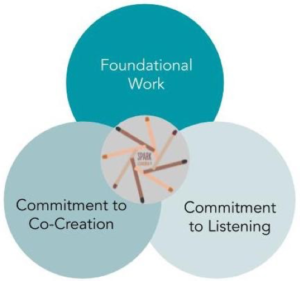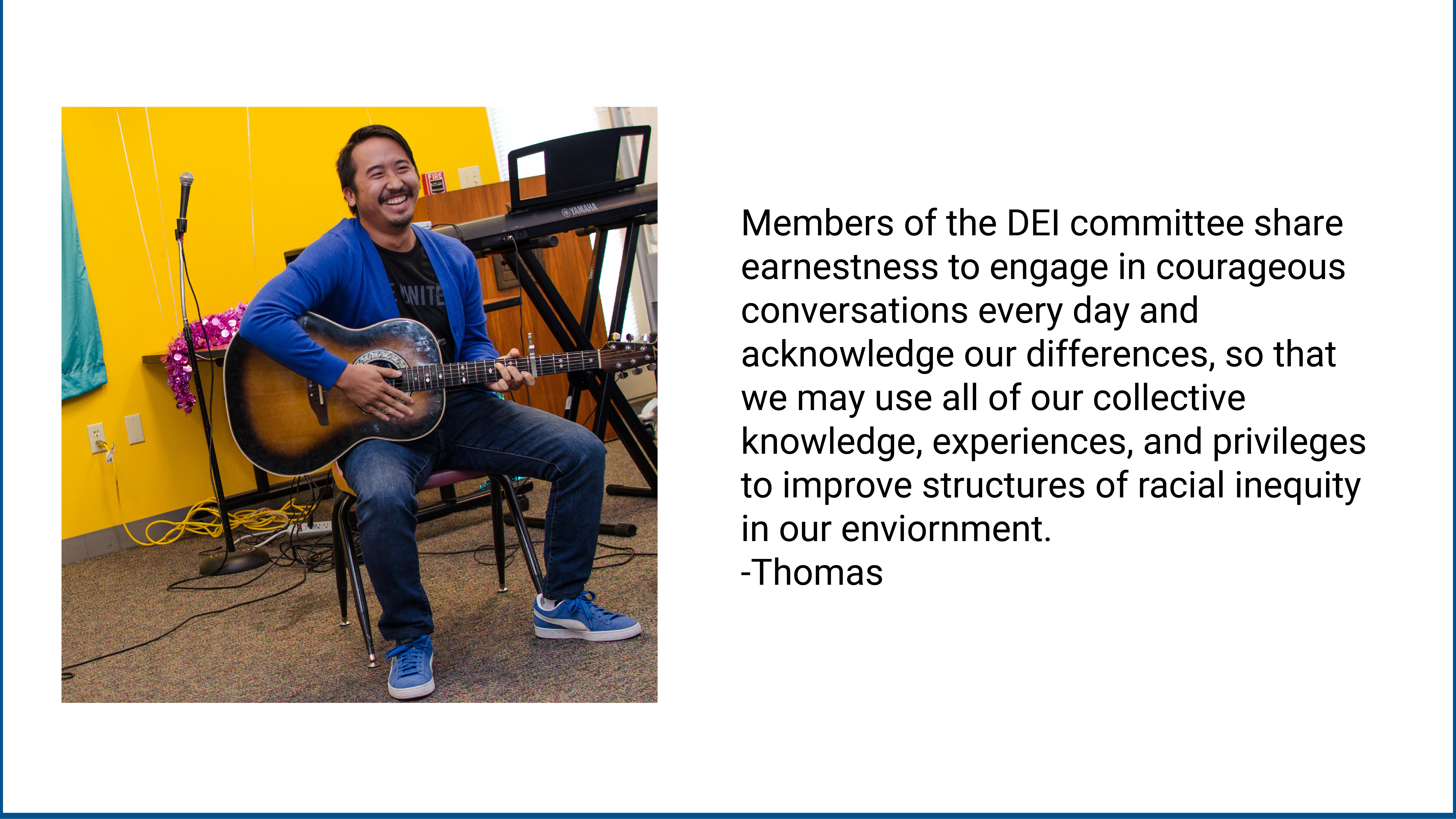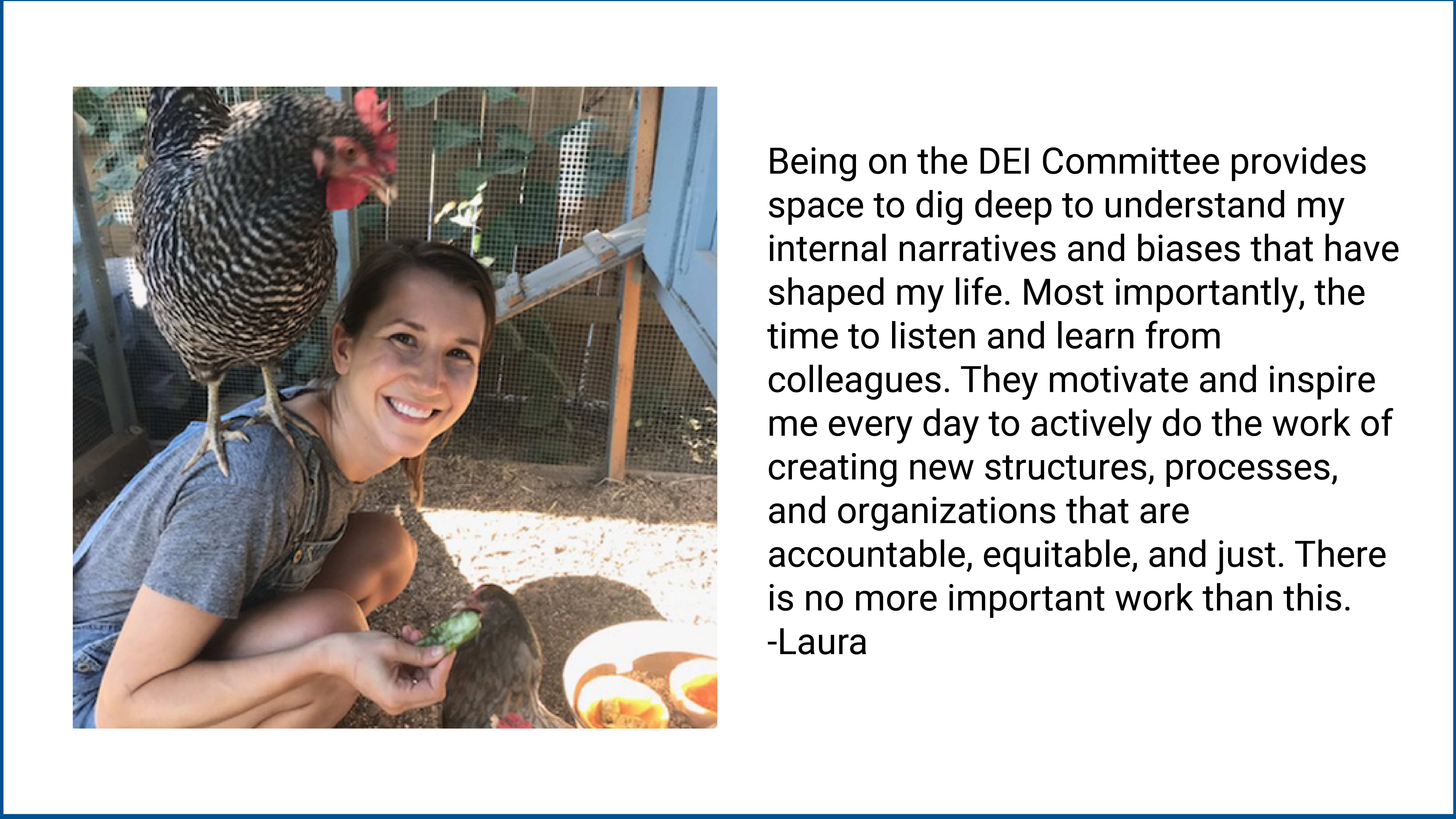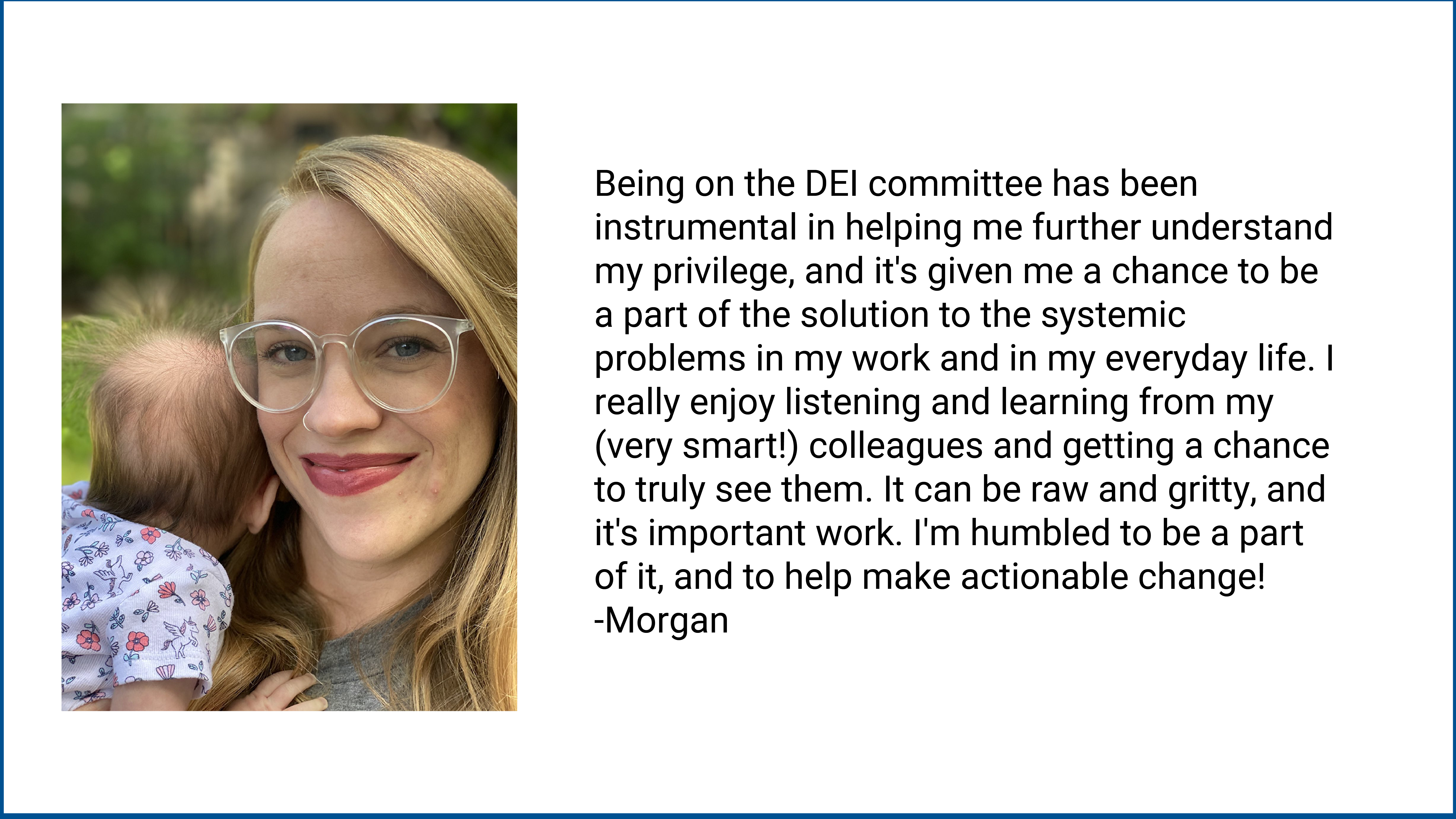Guest Blog by: Rachel V. Rosen, Founder of S.P.A.R.K Equity in Action.
Rachel is United Way for Greater Austin’s DEI Strategist
Right now, Diversity, Equity, and Inclusion are more important than ever.
Studies continue to illuminate the importance of prioritizing Diversity, Inclusion, and Equity (DEI), yet many organizations still have not made DEI a priority, which can have big implications. With all that’s going on in our country, this is a crucial moment to make a commitment to both DEI and anti-racism in our communities.
With the discourse shifting AND changing demographics in the global workforce (51% women, 54% new workers identifying as People Of Color, 68.6% non-Christian, and 5 generations in the workplace) countless studies show that prioritizing DEI increases productivity, innovation, morale, and creativity.
This McKinsey study notes that “companies in the bottom quartile for both gender and ethnic/ cultural diversity were 29% less likely to achieve above-average profitability than were all other companies in our data set,” and “companies in the top-quartile for ethnic/cultural diversity on executive teams were 33% more likely to have industry-leading profitability.”
As a DEI strategist, there are two types of inquiries I receive:
A. Organizations wanting quick fixes, immediate solutions, or needing to put-out fires such as:
- Someone said something racist/sexist/homophobic/microaggressive
- There was a complaint and it’s impacting the culture
B. Proactive organizations committed to creating conditions for DEI and preventing fires
- Leaders committed to innovation and creating an inclusive culture
- Leaders committed to addressing root causes, learning, and growing
- Leaders aware that racial biases and inequities impact dynamics
DEI work doesn’t just happen if it’s not prioritized. And the DEI challenges organizations face are complex and dynamic because they’re connected to human beings. In the absence of a long-term DEI strategy and plan, organizations can get caught in reactive mode, constantly responding to risks, fires, and challenges without intentionality–ultimately impacting results and productivity.
Addressing root causes of complex DEI challenges requires embracing the paradoxes highlighted in the quote above AND acknowledging the importance of racial equity–in service of the organization’s health.
One of the first times I spoke with Denisha Agustin, the Director of Human Capital (HC) of United Way ATX, was during their ‘year of conversation,’ and she compared DEI work to the metaphor of a marathon. We talked about how it’s not a sprint, and it requires habit-building, which was like music to my ears.
What 3 steps catalyzed DEI momentum for United Way For Greater Austin?
- Foundational work
- Commitment to listening
- Co-creation

S.P.A.R.K has had the opportunity to partner with United Way ATX for over a year now, and from the getgo, our work has been grounded in a commitment to listening and sharing back what we have heard–which started with survey data and led to focus groups, listening sessions, more surveys, and ultimately the creation of internal channels for communication and feedback–which have been instrumental for the organization.
Based on the feedback heard, we co-created strategies with HC and we started a DEI committee, which has been instrumental for our progress and having collective investment in our goals.
Lastly, our foundational work involved co-constructing and aligning goals/priorities, establishing a common language on core terminology, committing to community norms, developing subcommittees, taking small steps consistently, and meeting monthly with intentional facilitation.
So when it comes to DEI work, what’s required to shift workplace culture and catalyze impactful results? There’s no single solution, but given the growth at United Way ATX this past year, I’d say it’s time, dedication, intentionality, and commUNITY.
A Word from a few members of the DEI Committee
| Rachel V Rosen is a seasoned facilitator, DEI practitioner, and the founder of S.P.A.R.K. She believes that everyone’s story matters and that intentional conversations are vehicles for change. With a Masters from Stanford, as well as extensive training in leadership and organizational development, The S.P.A.R.K. approach is grounded in theory, practice, and a commitment to building capacity with integrity. The S.P.A.R.K. team has supported teams to come together across racial, gender, sexual identity, and cultural differences—engaging in complex conversations about DEI and forming committees–in order to create conditions for inclusion and belonging. As the lead strategist, Rachel partners with organizations/companies committed to learning and addressing the root causes of their DEI challenges. Finally, Rachel’s work sits at the nexus of her professional and personal lives, as she and her wife, who is African American, live in Austin, she is committed to co-creating a more inclusive future–one conversation at a time–to spark change for the next generation.
Connect on LinkedIn & Facebook or via email: spark@rachelvrosen.com |


